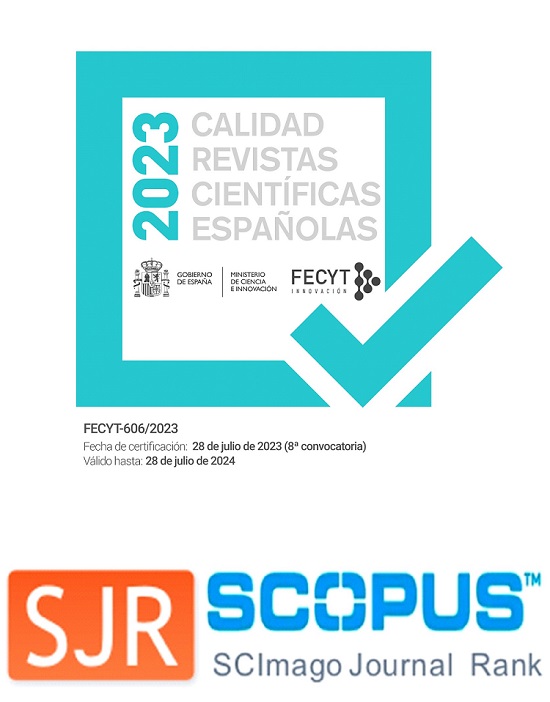The competences of the ecclesiastical courts according to the medieval specialists of Roman law
Keywords:
European law, ecclesiastical courts, Roman lawAbstract
As is well known, medieval European law is characterised by the interplay of two legal spheres, ecclesiastical and secular law. Based on the late antique ecclesiastical principle "Ecclesia vivit lege romana "1 , the Church initially made Roman law the basis of its legal action, but at the same time also modified, restricted and expanded it in new legal principles of its own according to its needs and moral ideas2. In doing so, the Church had - not only since the Middle Ages - also created its own jurisdiction in addition to the secular judiciary and jurisdiction3. This gave rise to questions of jurisdiction and rivalries, which were also fought out regionally at the political level, especially in England and France4. In Italy and Germany, on the other hand, there was a greater political willingness to cooperate with the ecclesiastical jurisdiction, at least at the imperial level5. In addition, the question can be raised as to how the secular legal profession viewed the competing or exclusive competences of the ecclesiastical jurisdiction. To this end, the statements of the Italian and French legists on canon law - including canonistic doctrine - of the competences of ecclesiastical courts are to be examined below
Downloads
Downloads
Published
How to Cite
Issue
Section
License
Creative Commons Reconocimiento-NoComercial-SinObraDerivada 4.0 España (CC BY-NC-ND 4.0 ES)



